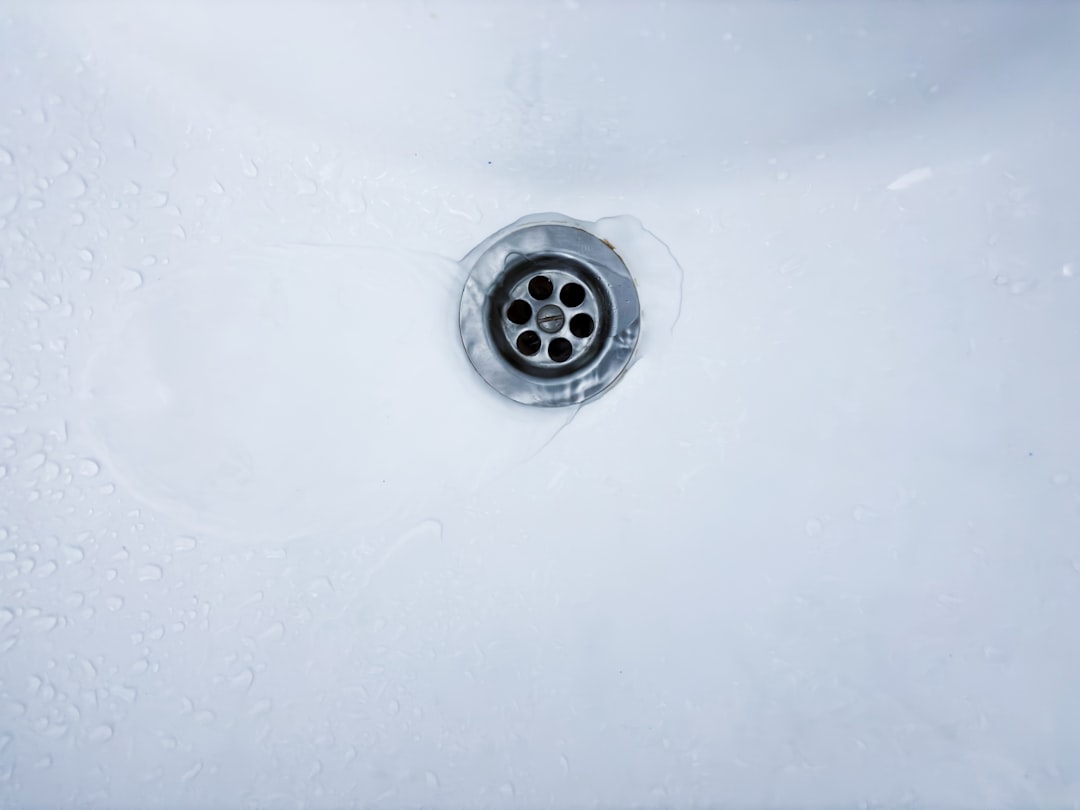.jpg)
Common Signs You Need AC Odor Remediation
These odors can range from subtly annoying to downright alarming, and understanding what they signify is the first step toward addressing the underlying problem. Ignoring these olfactory warnings can lead to more significant issues, impacting your home's air quality, your comfort, and even the efficiency and lifespan of your HVAC system. Identifying the specific type of odor can help you narrow down the potential cause and determine the urgency of professional intervention.
Musty or Mildewy Smell
- What it means: This is perhaps one of the most common AC odors and almost always points to mold or mildew growth. It typically occurs in damp, dark areas within your AC unit or ductwork, such as on the evaporator coil, in the condensate drain pan, or even within the ductwork itself.
- Why it's a concern: Mold spores can be circulated throughout your home, exacerbating allergies, asthma, and other respiratory issues for sensitive individuals.
Burning Smell
- What it means: A distinct burning odor suggests an electrical issue. This could be anything from a failing motor, an overheated circuit board, loose wiring, or even a foreign object caught in the blower motor.
- Why it's a concern: Electrical problems can be serious, posing a fire hazard. Prompt attention is crucial to prevent further damage and ensure safety.
Rotten Egg or Sulfur Smell
- What it means: This is a highly alarming odor. While it can sometimes be caused by a decaying animal caught in your ductwork, a strong rotten egg smell most critically signals a natural gas leak. Natural gas is odorless, but utility companies add mercaptan to give it this distinct smell for safety reasons.
- Why it's a concern: Natural gas leaks are extremely dangerous, presenting risks of explosion and carbon monoxide poisoning. If you smell this, evacuate immediately and contact your gas company and emergency services.
Sweet or Chemical Smell
- What it means: A sweet, somewhat chemical smell often indicates a refrigerant leak. Refrigerant is a chemical coolant, and its smell can be distinctive.
- Why it's a concern: Refrigerant leaks not only reduce your AC's cooling efficiency but can also be harmful to the environment and your health in high concentrations. A depleted refrigerant level also places undue strain on your compressor, leading to costly repairs.
Dirty Sock Smell (Dirty Sock Syndrome)
- What it means: This very specific and unpleasant odor is caused by a buildup of bacteria and microbial growth on the evaporator coil, particularly when the system cycles between cooling and heating or operates in humid conditions.
- Why it's a concern: While not as immediately dangerous as a gas leak, it significantly degrades indoor air quality and creates a very uncomfortable living environment.
Dead Animal Smell
- What it means: As straightforward as it sounds, this indicates a decaying animal (rodent, bird, or other small creature) has found its way into your ductwork or near the HVAC unit.
- Why it's a concern: Besides the repulsive smell, decaying animals can attract insects, spread disease, and contaminate your indoor air with bacteria and pathogens.
Exhaust Fumes
- What it means: If your AC is drawing air from near a garage or street, or if there's a problem with a nearby combustion appliance, you might smell exhaust fumes. More concerning, if it smells like exhaust and your furnace is running, it could indicate a carbon monoxide leak.
- Why it's a concern: Carbon monoxide is a silent killer—colorless and odorless. If you suspect carbon monoxide, ensure you have working detectors and seek professional help immediately.
Any unusual odor from your AC system should be investigated promptly. While some issues might be minor, many require professional assessment to ensure your home's air quality, safety, and system efficiency. Always Affordable Plumbing has the expertise to diagnose and resolve a wide range of AC odor issues.
Why Sacramento Area Homes Experience Strange AC Odors More Often
The Sacramento region, with its unique climate and housing characteristics, often presents specific challenges that can contribute to strange AC odors. Understanding these local factors can help homeowners be more proactive in preventing and addressing these issues.
Other Blogs
Customer Testimonials
See what our satisfied customers have to say about their experience with Always Affordable
Plumbing & HVAC.
Latest Blog Posts


Elk Grove Drain Cleaning: How to Find Reliable Local Service






